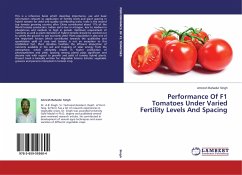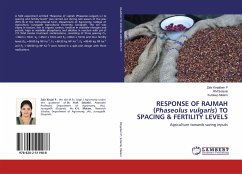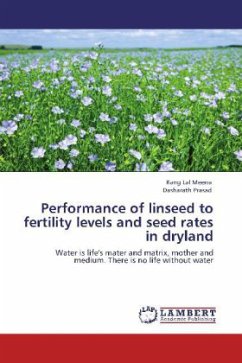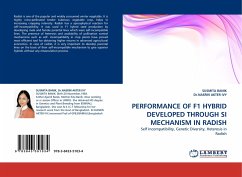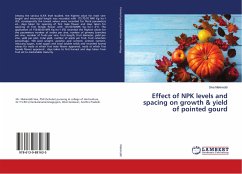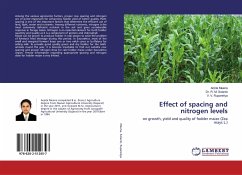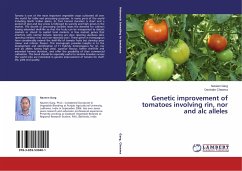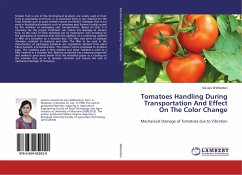This is a reference book which describes importance, use and basic information relevant to application of fertility levels and plant spacing in hybrid tomato for yield and quality contributing traits. India is the second top tomato growing country after China contributed about 11% of the World tomato production. Indian soil is low in nitrogen, low to medium in phosphorus and medium to high in potash. Optimum requirement of nutrients as well as plant densities of hybrid tomato should be worked out to satisfy the grower to get economic yield. Plant population is also one of the important factors which contributes towards the qualitative and quantitative yield of crop and tomato is not an exception to this established fact. Plant densities facilitate the efficient absorption of nutrients available in the soil and trapping of solar energy from the atmosphere, which ultimately results in higher production of photosynthates and yield. Spacing among plants plays significant and decisiverole with regard to growth and yield of tomato hybrid plants. Present book is basically written for Vegetable Science Scholar, vegetable growers and persons interested in tomato crop.

